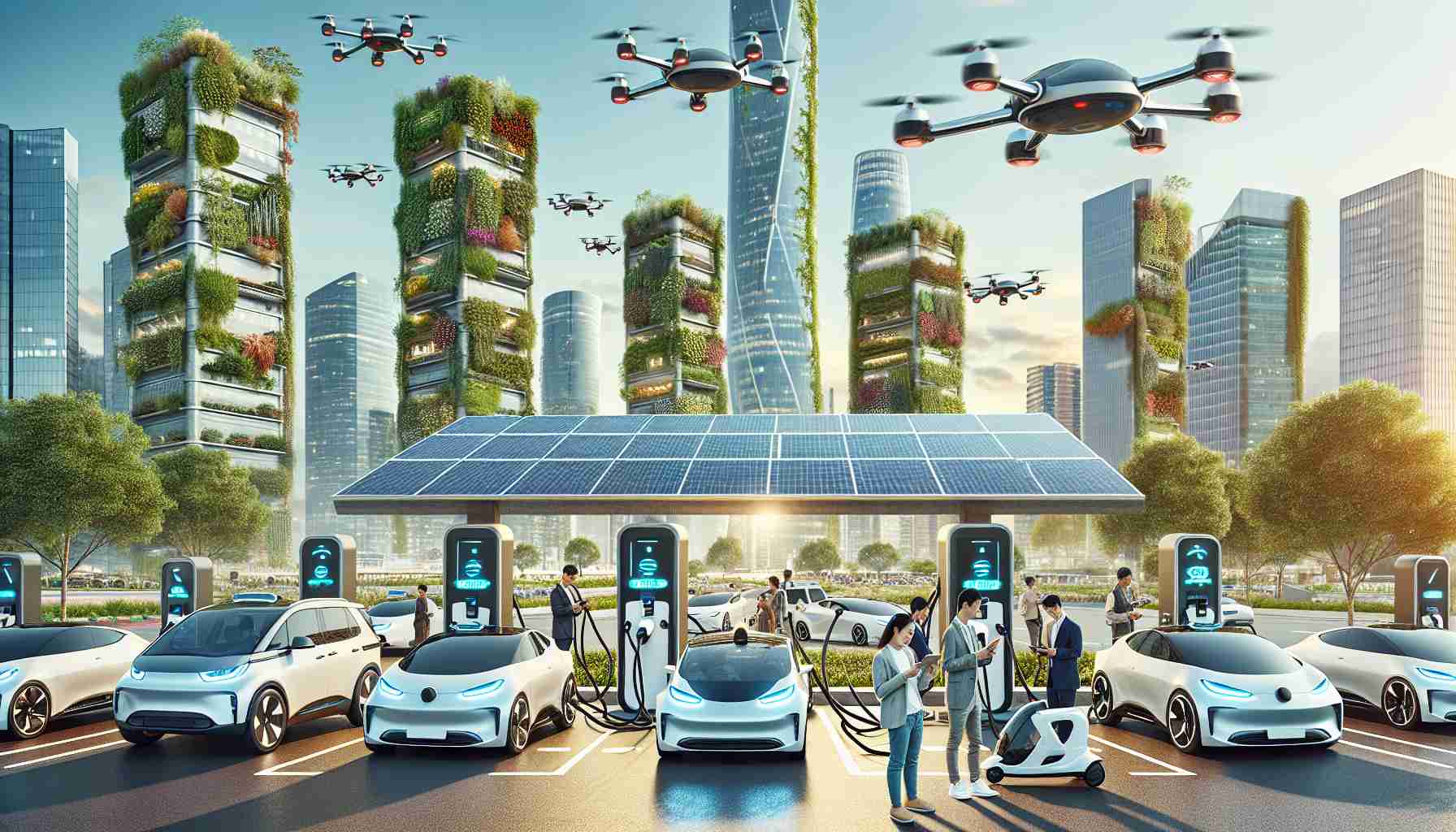Artificial Intelligence Generative technology is reshaping the technological landscape at a meteoric pace, expanding its influence across various sectors with its innovative capabilities. This cutting-edge technology has transcended traditional boundaries, finding its way into everyday life, scientific fields, healthcare, and more recently, the realm of entertainment and artistic creation.
One of the groundbreaking applications within this field is the emergence of Generative AI, which harnesses the advanced capabilities of AI to generate diverse content such as texts, images, music, voice simulations, and even source code. The integration of Deep Neural Network Architectures in 2017 paved the way for the development of Large Language Models (LLMs), marking a significant milestone in the advancement of Generative Artificial Intelligence.
The impact of Generative AI is palpable across various domains, including industrial and intellectual property sectors. Renowned organizations like the World Intellectual Property Organization (WIPO) have dedicated resources to exploring the landscape of patents associated with Generative AI, shedding light on the fundamental principles of this transformative technology.
The proliferation of Generative AI is underscored by the escalating numbers of patents and scientific publications related to this field. From a modest 733 patent families in 2014, the figures surged to over 14,000 by 2023, signifying an unprecedented 800% growth since 2017. Noteworthy is the exponential rise in scientific publications, climbing from 116 in 2014 to over 34,000 in 2023.
China emerges as a frontrunner in the development of Generative AI, with a staggering 38,000 patent families filed between 2014 and 2023. The landscape is further populated by key players like the United States, South Korea, Japan, and India, reflecting a global surge in innovation within the Generative AI domain.
The top patent holders in Generative AI include industry giants such as Tencent, IBM, Google, Microsoft, and others, unveiling groundbreaking platforms and models that push the boundaries of artificial intelligence innovation. Insights reveal that Generative AI finds extensive applications in software development, natural sciences, document management, enterprise solutions, manufacturing, transportation, security, and telecommunications.
The disruptive potential of Generative AI rivals landmark technological advancements like the advent of the Internet and smartphones, heralding a new era of possibilities and challenges. Stakeholders across sectors are urged to navigate this transformative landscape with vigilance, anticipating the vast opportunities and complexities inherent in harnessing Generative AI technology for future progress and innovation.
The rapid advancement of Artificial Intelligence Generative technology continues to revolutionize industries and pave the way for new creative possibilities. While the previous article shed light on the transformative impact of Generative AI, there are additional key insights and questions that warrant exploration.
What are the ethical implications surrounding the use of Generative AI in creating content? One of the central controversies revolves around issues of plagiarism, ownership, and authenticity in content generated by AI systems. As AI becomes more adept at mimicking human creativity, the lines between original and AI-generated works blur, raising questions about intellectual property rights and attribution.
How can we ensure transparency and accountability in AI-generated content? With the potential for AI to produce vast amounts of content autonomously, there is a pressing need for standards and regulations to govern the use and dissemination of AI-generated materials. Ensuring that users are aware when they are interacting with AI-generated content is crucial for maintaining trust and authenticity in the digital landscape.
What are the security risks associated with the proliferation of Generative AI? As AI systems become more sophisticated in creating realistic digital forgeries, there are concerns about the misuse of AI-generated content for malicious purposes such as spreading misinformation, creating fake news, or perpetrating identity theft. Safeguarding against such threats requires continuous vigilance and robust cybersecurity measures.
Advantages of Generative AI: Generative AI holds the promise of unlocking new levels of creativity and innovation across industries, enabling businesses to automate content creation, streamline processes, and drive efficiencies. From personalized marketing campaigns to dynamic design solutions, Generative AI empowers organizations to stay ahead in a competitive marketplace.
Disadvantages of Generative AI: Despite its potential benefits, Generative AI also poses challenges related to data privacy, bias in algorithmic decision-making, and job displacement due to automation. There are ongoing debates about the ethical use of AI technologies and the need for comprehensive frameworks to address the social impact of AI-driven transformations.
In navigating the complexities of the Generative AI landscape, it is essential for stakeholders to stay informed, engage in dialogue around key issues, and collaborate on shaping responsible AI strategies for the future.
For more insights on the latest developments in Artificial Intelligence Generative technology, visit IBM’s official website and explore their cutting-edge AI solutions and research initiatives.


















